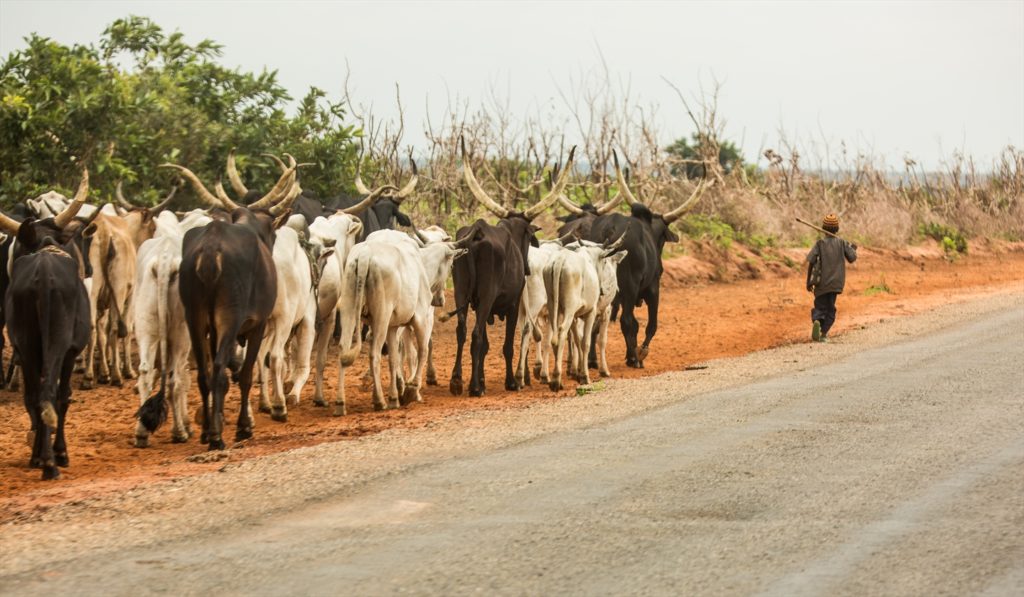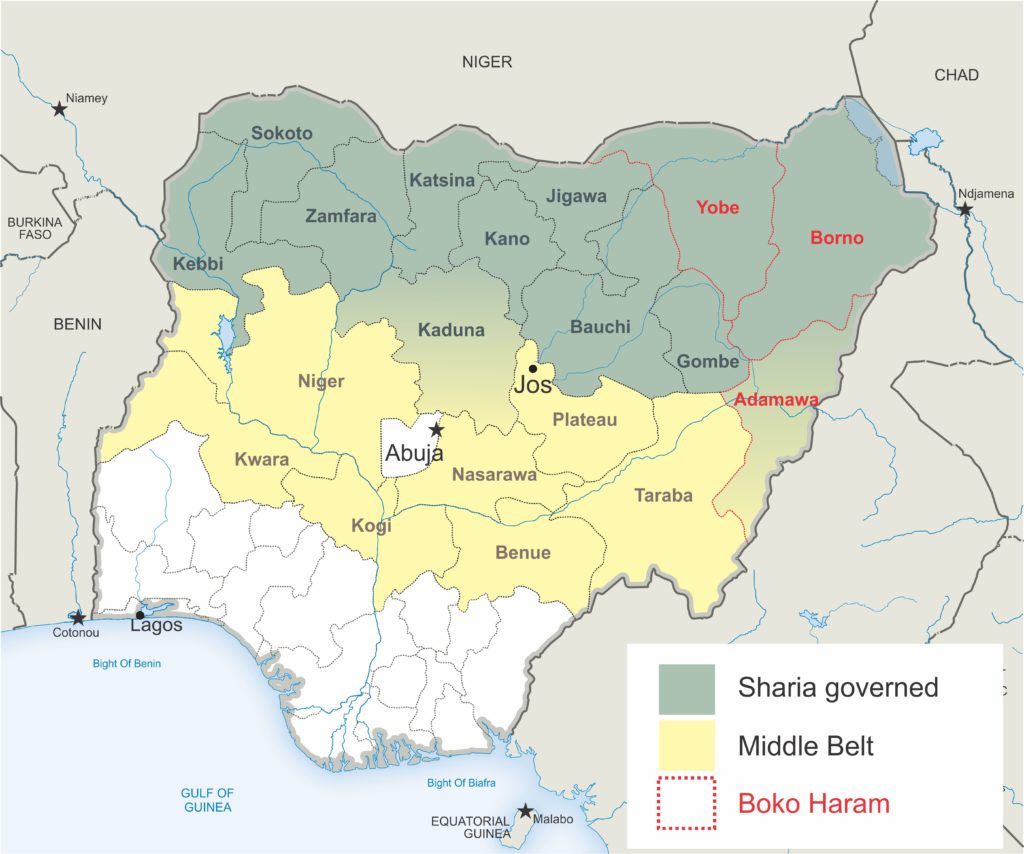
A law imposing a ban on cattle grazing has come into force today (2 November) in Nigeria’s central state of Benue.
The ban follows years of deadly clashes between nomadic Fulani herdsman and local farmers in Nigeria’s Middle Belt.
According to the BBC, the new law requires everyone to keep their livestock within ranches. Those breaking the law face the possibility of a five-year jail sentence.
The law is aimed at restoring peace, say officials, but opponents have cast doubts over its efficiency. The Fulani herdsman say it unfairly targets their nomadic way of life.
The Middle Belt of the country, which straddles the divide between the largely Muslim north and the majority-Christian south, has been the scene of ongoing violence between settled farmers, who are mostly Christian, and mainly Muslim Hausa-Fulani herdsmen.
Many experts on Nigeria now believe that the violence across the Middle Belt, which World Watch Monitor has reported on at length, has been responsible for more deaths than Boko Haram.

Last September, a report by International Crisis Group also pointed out the failure of Nigerian government to counteract violence in the Middle Belt.
The report pointed out the persistence of impunity as one of the root causes of the continuing violence.
“Police occasionally arrest and prosecute both herders and vigilantes bearing firearms, but relatively few perpetrators of violence face justice. Impunity has encouraged actors to take matters into their own hands,” it said.
The report backed up the views of analysts including Professor Yusufu Turaki, Director of the Centre for the Study of Religion, Church and Society at Jos ECWA Theological Seminary in Nigeria, who spoke to World Watch Monitor recently.
“They [the authorities] will start something as if they are serious about it, but after a few weeks the thing sinks and nothing happens again,” he said. “We have seen a lot of that. This for me has become the culture: the culture of making ripples, making a noise and fooling the people into thinking that you are doing something, but actually not meaning it.”
